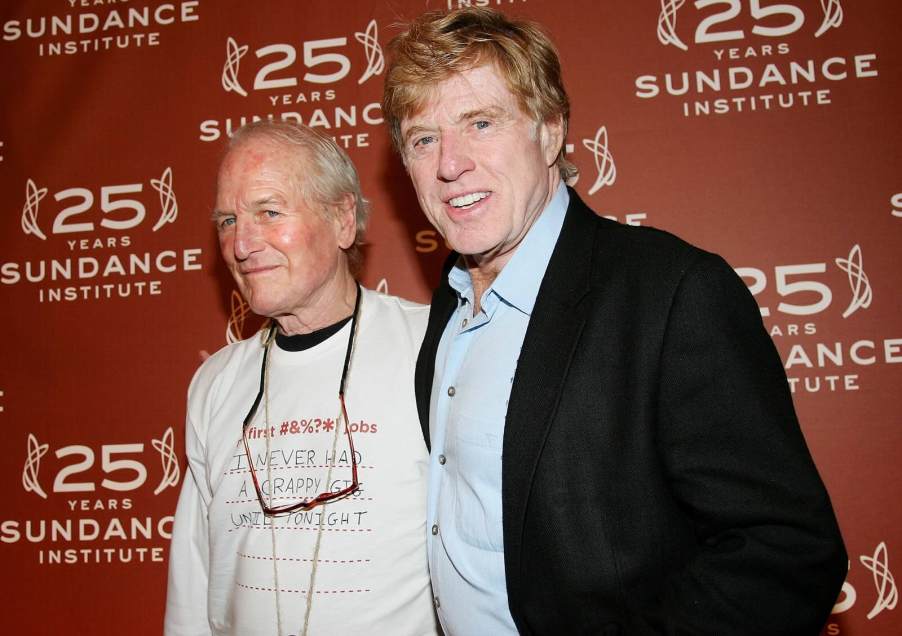
Did Jelly Roll Really Give $50 Million? Jelly Roll $50M Texas Flood Donation Rumor Explained
People on Facebook woke up shocked when they saw a big claim floating around. Did Jelly Roll donate $50 million to help Texas flood victims? The rumor caught fire quick. It started with a post on a page called Vibe Station. The page claimed that Jelly Roll, who is mostly known for his songs blending rap and country, gave a huge sum to support search and rescue.
Some fans believed it instantly. Some doubted it. The post got more than 100,000 views in less than a day. A few pictures showed the floods mixed with old photos of Jelly Roll at an award show. It looked convincing at first glance.
Where Did This Rumor Come From?
The Vibe Station Facebook page started this. They shared a link to a shady blog site called amazing.livextop.com. The headline shouted, “Jelly Roll Donates $50 Million and Heads to Texas Flood Zone to Help Victims Personally.” They made it sound like a hero story.
In their version, Jelly Roll didn’t just send money. They wrote that he packed up, put on boots, and went down to Texas himself. They even included a fake quote. It said his heart broke seeing families stuck on rooftops, so he wanted to do more than just write a check.
Did Jelly Roll Confirm Any of This?
Nope. If you scroll through Jelly Roll’s social media, you’ll find nothing about this donation. No post. No press statement. No video of him loading trucks with supplies.
Also, big news sites would cover this if true. CNN, BBC, or any country music outlet would grab this story in seconds. But they didn’t because there’s nothing real behind it.
Has Vibe Station Done This Before?
Yes. The page has a track record for posting made-up stories. Some posts are jokes. Others mislead on purpose. Many who follow them know to double-check before believing what they share.
Reviews of Vibe Station show that people often warn others that the page runs satire or clickbait. The same trick happened here. They wanted clicks. They got them.
Who Proved It Wrong?
A fact-checking site called Lead Stories took a closer look. They found zero proof of any real donation. They searched Google, Yahoo, and even news archives. Nothing backed up the giant claim.
They even found that the picture of Jelly Roll at the Rock & Roll Hall of Fame was old. It had nothing to do with Texas floods. The rumor about his son going missing in the flood? Also fake. Not a single real report on that either.
What Really Happened In Texas?
Texas did have bad floods. Heavy rain slammed central Texas on July 4, 2025. Some counties got hit the hardest. Kerr County, Travis County, Burnet County — many homes gone underwater. Hundreds of lives were affected.
The President called in FEMA. The Texas governor started relief work with 20 different state agencies. Real rescue workers, police, and volunteers are working day and night. But Jelly Roll’s name isn’t on the list of major donors or celebrity helpers this time.
Why Do People Believe Fake Stuff So Easily?
It’s easy to see why people fell for it. Jelly Roll has a big heart. He talks openly about his tough past. He supports prison reform, mental health, and addiction recovery. Fans know he loves helping where he can.
But the $50 million figure is huge. Even for stars with big bank accounts, that’s a lot. Also, real charity donations get confirmed by trusted groups. News reporters pick them up fast. A Facebook meme with no solid source usually falls apart under a quick search.
What Should You Do If You See Similar Posts?
Next time you see a shocking claim, hit pause. Look for it on big news sites. Check the singer’s real pages. Watch for familiar fact-checking sites like Lead Stories or Snopes.
Also, watch out for shady blog names you never heard of. If a post links to weird domains that don’t have clear contact info or credible writers, be careful.
Rumors spread faster than truth sometimes. But checking takes just a few minutes. It saves people from sharing false hope or stirring up drama that doesn’t exist.
Jelly Roll didn’t send $50 million to Texas. He didn’t jump on a plane with boots and trucks. The floods are real. The victims do need help. But they need real help, not viral myths.
Staying alert makes sure real stories get the attention instead of fake ones.
Popular Categories





